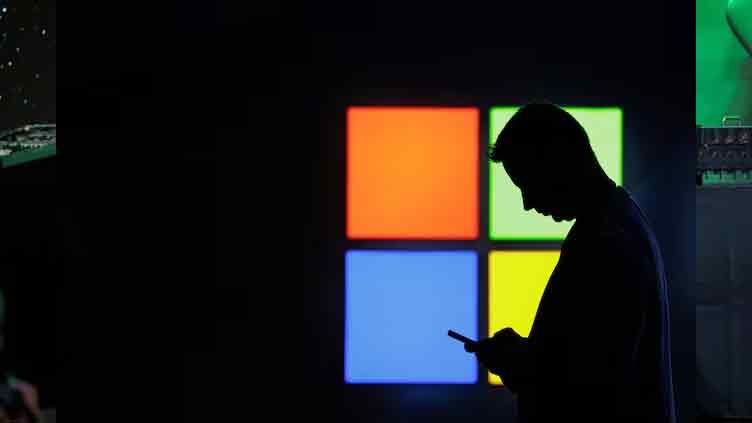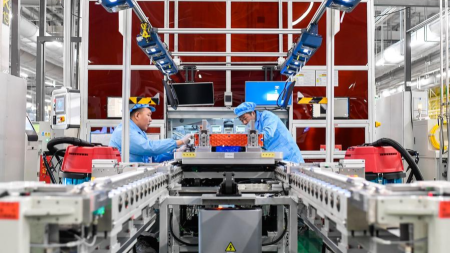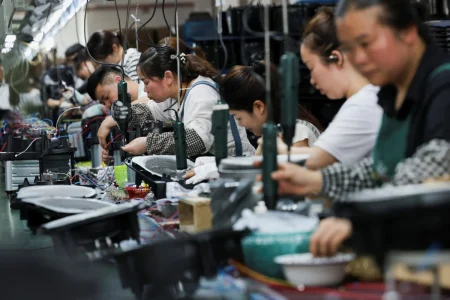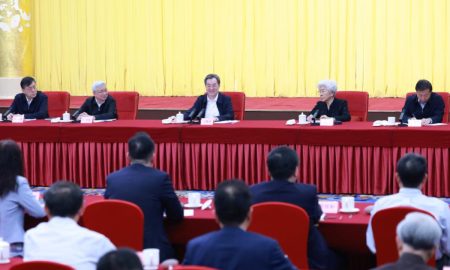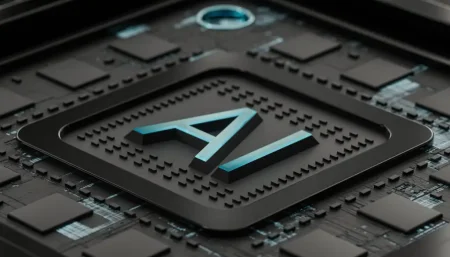Microsoft aims to create a future where artificial intelligence agents from different companies can work together smoothly and remember past interactions better. This vision was shared by Microsoft’s Chief Technology Officer, Kevin Scott, ahead of the company’s annual Build developer conference on May 19 in Seattle.
At Microsoft’s headquarters in Redmond, Washington, Scott told reporters and analysts that the company is pushing for common standards that let AI agents from different developers connect and cooperate. AI agents are software programs designed to complete specific tasks independently, such as fixing software bugs or answering user questions.
Microsoft supports a technology called the Model Context Protocol (MCP), an open-source protocol introduced by Anthropic, a company backed by Google. MCP could help create an “agentic web,” a network of AI agents that interact seamlessly across different platforms and companies. This is similar to how hypertext protocols helped spread the internet in the 1990s. According to Scott, this approach allows creativity from many contributors to shape the future of AI, rather than just a few companies controlling it.
Scott also mentioned Microsoft’s work on improving AI agents’ memory of past conversations and user requests. Many current AI systems handle interactions as separate events and forget previous talks once the session ends. Better AI memory needs more computing power, which can be expensive. Microsoft is developing a method called structured retrieval augmentation that helps AI agents take short notes during conversations. This creates a roadmap of the interaction, helping the AI remember key points without reprocessing everything each time. This approach mimics how the human brain works by not trying to recall everything from scratch for each problem.
The upcoming Microsoft Build conference is expected to reveal new AI development tools based on these ideas. Industry experts believe that shared standards like MCP will help avoid isolated AI systems and allow agents from different companies to exchange information and work together on complex tasks. This can speed up AI innovation and improve user experiences in many areas.
The Model Context Protocol was introduced by Anthropic, supported by Google and others. Microsoft’s support of MCP shows that major tech companies are interested in building open AI ecosystems. AI agents are already used in customer support, coding help, and smart home devices. Making these agents able to collaborate and remember past tasks could make them more helpful and efficient, such as syncing email and calendar information automatically.
Despite these promises, there are challenges. Improving AI memory requires large computing resources, raising costs for developers and users. Sharing data between AI agents across companies also raises security and privacy concerns. Microsoft and other tech leaders will need to tackle these issues as they promote open and connected AI systems. The Build conference will be a key event to watch how these plans develop.
Microsoft’s focus on collaborative AI agents with better memory is part of a larger effort to create more useful and integrated AI tools. By backing open protocols like MCP and new memory methods, Microsoft hopes to build a future where AI agents from many companies work together to help users better.





